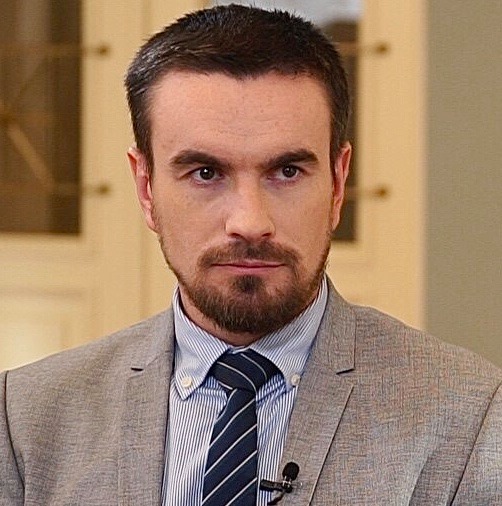BISS presents the new, fourteenth issue of Belarus Foreign Policy Index, which analyzes the evolution of the five foreign policy priorities of the country in May and June 2013. The most significant shift observed during this period is the rapid growth in the Ukrainian and Russian vectors amid less determined efforts in the relationships with the EU, China and the developing world.
The main trends recorded in the framework of Belarus-Russia relations were the increase in Russia’s pressure and inability of the Belarusian administration to effectively withstand this pressure. As dependence on Belarus’s eastern neighbor grows stronger, Russia does not take official Minsk’s ‘push-pull’ foreign policy seriously anymore.
Minsk’s attempts to counter Russia’s attacks by enhancing contacts with the EU and China and seeking more trustful contacts with Ukraine will hardly bear fruit. Minsk will have to come to terms with the rules of the Customs Union and the Common Economic Space while maneuvering within the rigid framework established by these treaties and informal agreements. It is highly unlikely that Belarus will be able to enjoy any significant benefits in addition to the massive subsidies that Russia has already provided. In the near term, this will likely lead to further economic aggravations and increased penetration of Russian capital into the most appealing economic sectors of Belarus.
Regular contacts between Belarus and the European Union continued. The OSCE and the Council of Europe managed to intensify their dialogue with official Minsk on the freedom of the media and capital punishment in Belarus—the two issues that are believed to be critical to the European Union.
Further prospects of the relationship will clarify in the context of the upcoming Eastern Partnership summit. Both Belarus and the EU wish to capitalize on the event; therefore, both will continue their efforts to build up contacts.
The relations with China have never gone beyond the established track: Chinese capital keeps coming to the Belarusian economy, and the relationship between the countries remains non-transparent. Mutual contacts were developing mostly according to the Chinese scenario. Belarus’s willingness to turn China into one of the poles for its maneuvering policy became conspicuous during the period under review; however, chances are high that the attempts to use China in the foreign policy games with Russia will prove fruitless, the main reason being Beijing’s cautious reasonable policy. Further, there were some indirect indications that Belarus will go as far as terminating previous agreements with China if this move turns out to be profitable enough. At the same time, the Chinese authorities have been quite resolute about protecting their interests in the region, as long as this causes no tensions in its relations with more important partners.
Belarus has managed to overcome the slump in its contacts with the developing world, which was apparent at the start of the year. Contacts have been as intense recently as they were during the best years of the collaboration between Belarus and the developing world. The trend towards phasing down ties with the developing countries in opposition to the West still remains. Against this backdrop, contacts with the developing nations enjoying friendly relations with the West or those with no major geopolitical or ideological ambitions keep expanding.
The situation around the Belarusian projects in Venezuela or Venezuela-led projects in other Latin American economies will remain vague in the short run. In Africa, Belarus’s efforts will be focused on Nigeria, Ghana and Mozambique. Minsk may also try to establish closer ties with Angola and Ethiopia building on their former contacts with the Soviet Union.
Belarus achieved a major breakthrough in its relations with Ukraine by removing one of the oldest barriers to the promotion of bilateral relations—the two countries finally completed the ratification of the State Border Treaty. However, it is unlikely that the two countries and their leaders will pursue strategic partnership. Objectively, Belarus and Ukraine remain competitors in various areas. One cannot rule out that the recent compromise and favorable spell may be short-lived and will soon be replaced with a new phase of severe confrontation.
Read the full report in PDF



